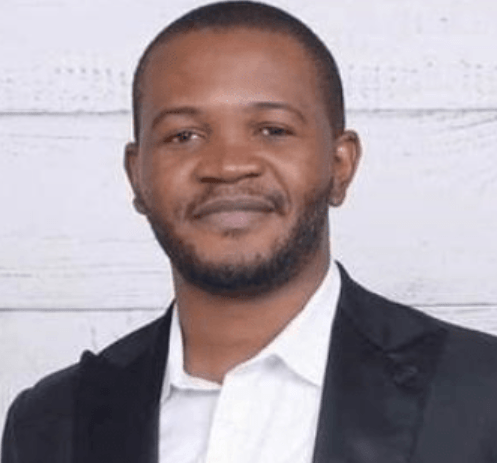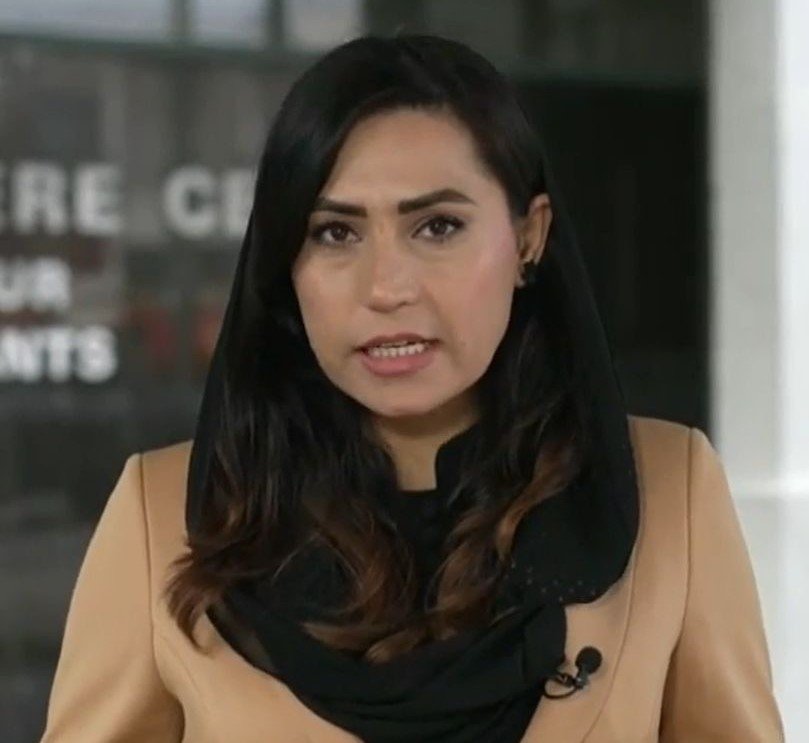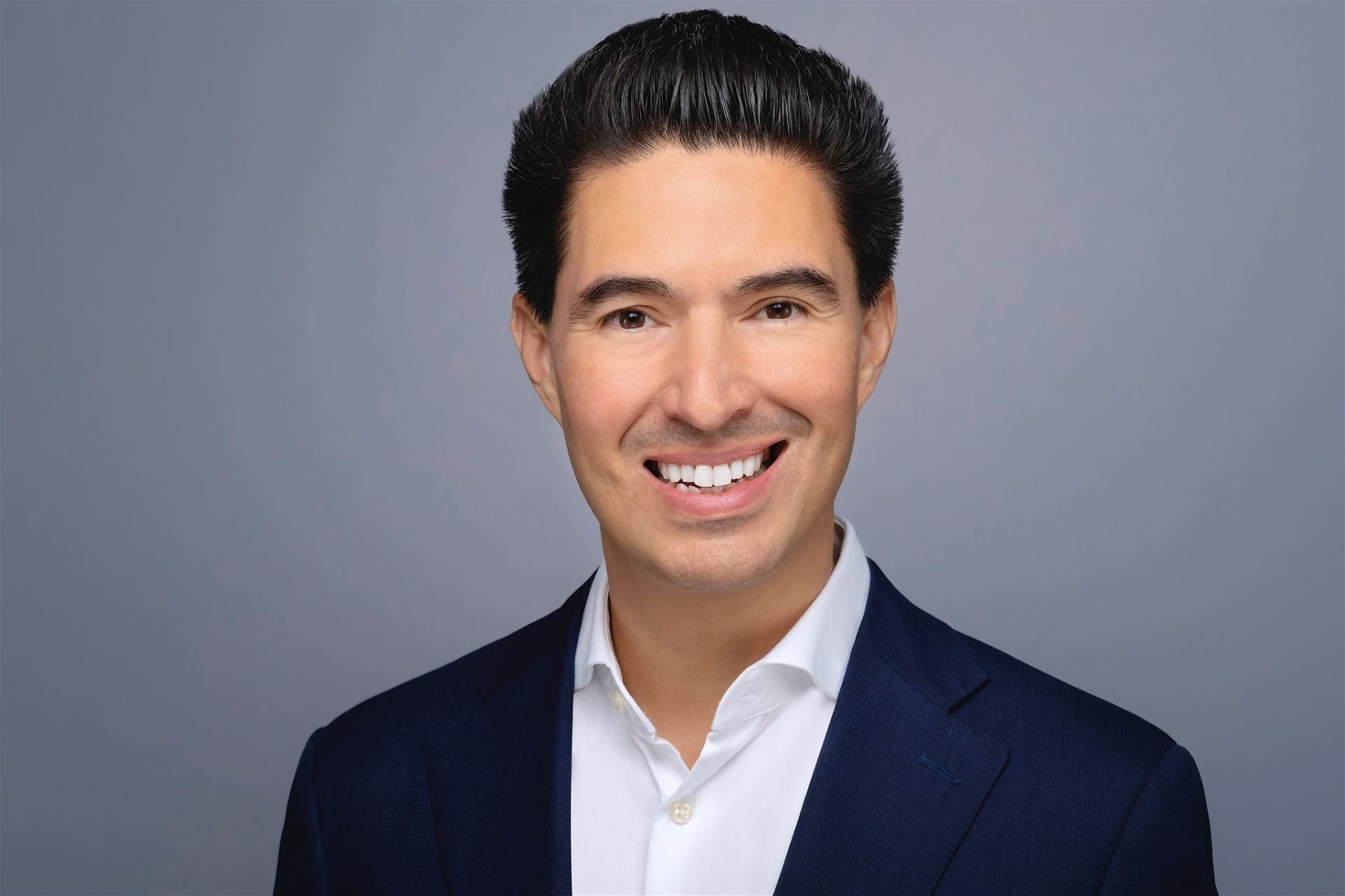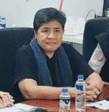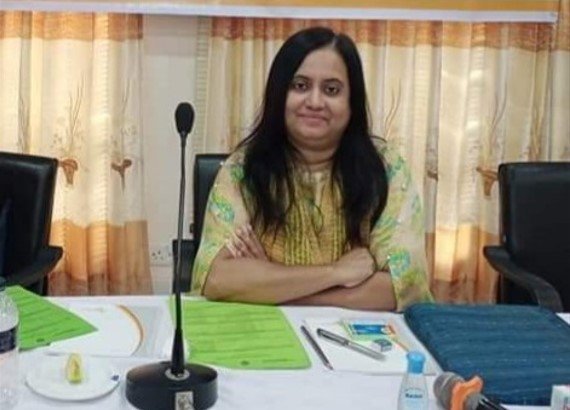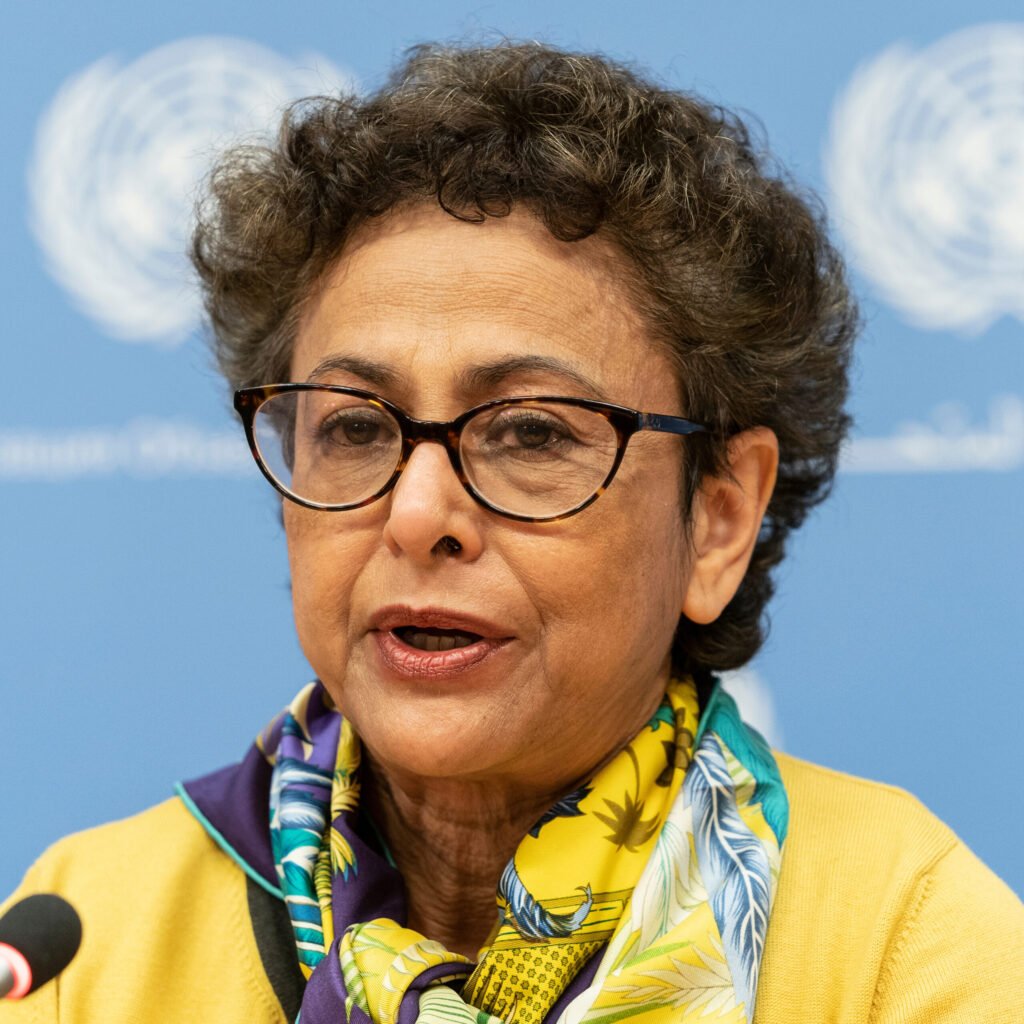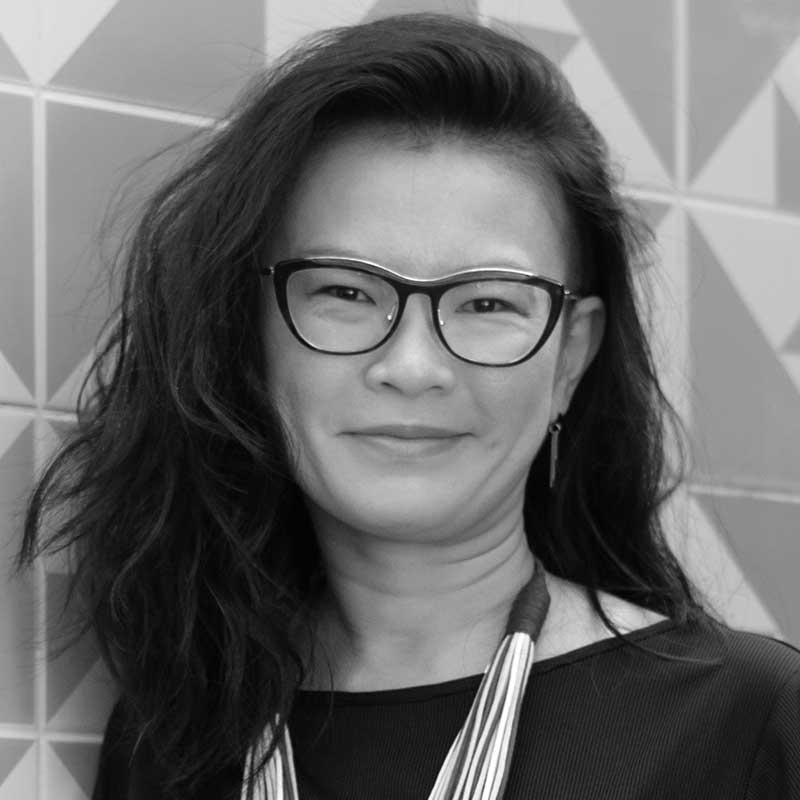Since 2019 the Media Freedom Coalition has been working with press freedom organisations, legal experts and others to stand up for media freedom as it comes under increasing pressure around the world. The 2025 evaluation of the MFC said it has made some notable contributions to media freedom – so what does the Coalition’s impact look like today?
This page is updated periodically as new results emerge. All the examples featured here are the result of collaboration between the MFC’s member countries and its key stakeholders who make this work possible.
Protecting journalists at risk
Journalists around the world are facing an unprecedented range of threats that can prevent them from finding and reporting the facts. In a growing number of cases, MFC member countries have taken action to help make journalists safer, in coordination with campaigners, civil society counterparts and legal experts.
Stanis Bujakera Tshiamala, a journalist in DR Congo, was released from prison in 2024 after being detained 6 months earlier. This came after a public statement and trial monitoring by MFC embassies, together with coordinated advocacy by Consultative Network organisations. Read more here.
Other examples include securing a much-needed prison visit to Filipino journalist Frenchie Mae Cumpio, and acting on the case of detained journalist Jose Ruben Zamora in Guatemala.
From 2022-25, the MFC has acted on at least 27 cases of journalists at risk, including 18 journalists in prison.
Helping journalists find safety
Journalists in challenging environments are increasingly moving into exile so they can continue to report independently. Multiple MFC member countries have provided safe refuge to journalists guided by advice from the High Level Panel of Legal Experts on Media Freedom.
In 2021 Canada launched a dedicated refugee stream for human rights defenders (HRDs), including journalists, as well as their family members, after in-depth consultations with the High Level Panel. In 2023 the scheme was expanded from 250 HRDs annually to 500 (read more here).
In 2023 Estonia committed to providing 35 residency permits annually to journalists at risk, while in 2022-23 Czechia provided 800 emergency visas to HRDs including journalists. Both countries also engaged with the High Level Panel on these matters.
Other members that have provided safe refuge to journalists include Germany, Latvia, Lithuania, Kosovo and Costa Rica. Read more here.
Over 1500 journalists provided with safe refuge by MFC member countries in 2022-23.
Speaking up to provide support and solidarity
When members of the Media Freedom Coalition speak together with one voice, it can provide much-needed support and solidarity to journalists under pressure. According to a 2024 learning paper by an independent consultant, focussing on the MFC and the Freedom Online Coalition, joint statements “can be an effective way of raising awareness of human rights issues and violations, establishing international norms, providing solidarity, and demonstrating that the international community is monitoring the issue. In some circumstances they might help prevent a worsening of the human rights situation.”
The MFC’s statements on Hong Kong in 2023 and 2024 resulted in, between them, over 50 news stories in national, regional and international media as well as responses from the Hong Kong Government and government of China. The campaign to support Jimmy Lai said it was “an important statement at a key time for Hong Kong and Jimmy Lai”.
Other MFC statements resulting in media coverage and/or governmental responses include those on Evan Gershkovich, and the situations in Georgia as well as Bosnia and Herzegovina. Read more here.
Over 60 joint MFC statements published since 2019 at central government level.
Promoting justice for journalists who were harmed or killed
According to UNESCO, in 85% of cases where journalists are killed, no one is brought to justice. Alongside Consultative Network members and other organisations, member countries of the MFC have called for accountability in such cases and given support and solidarity to family members. MFC member and former co-chair the Netherlands also commissioned a research study assessing the necessity and feasibility of an international investigative task force for murders of journalists. This built on an earlier study by the High Level Panel which proposed such a task force.
Embassies of MFC members in the Philippines have spoken out rapidly when journalists have been killed in recent years. After the killing of Percival Mabasa (Percy Lapid) in 2022, their responses generated national and regional media coverage, ensuring the murder was high on the news and political agenda.
According to the former head of the National Union of Journalists of the Philippines, the first Philippines police task force on journalists killing was created as a result of international pressure like this. Read more here.
Since 2019 the MFC has advocated on at least 12 cases of journalists harmed or killed.
Supporting women journalists
Women journalists around the world face particular threats including a high level of online abuse alongside offline attacks and harassment. MFC member countries, sometimes through their embassies and frequently in collaboration with civil society, have provided support to women journalists in a range of ways.
In Bangladesh, embassies of MFC members helped initiate a national TV talk show featuring three prominent women journalists, to talk about women in journalism and gender equity in the media. The programme reached an audience of millions in Bangladesh.
Elsewhere, MFC member embassies have supported capacity building programmes for women journalists in countries such as Ethiopia, Cameroon and the Philippines, and have provided safe discussion spaces for women journalists to highlight the issues they are facing in Jordan and elsewhere. Read more here.
Over 3700 women journalists have directly benefitted from Global Media Defence Fund projects.
Laws, policies and standards that boost media freedom
Journalists need to work in an environment that enables them to report independently on the issues that matter, and laws, policies and standards play a major role in this. MFC member countries have worked with the High Level Panel, the Consultative Network and others to introduce or reform laws at home and abroad.
Much of the High Level Panel’s advice to states is given privately, but in addition to its work supporting safe refuge reforms (above), it has for example helped one MFC member state to strengthen protections for journalists and media workers by reviewing draft legislation.
The High Level Panel also advised a non-Member State on the repeal of certain laws with the potential to restrict media freedom in 2024. Read more about the High Level Panel’s work in the MFC’s Annual Reports.
The MFC’s 2023 statement on transnational repression helped establish global standards around this threat to media freedom and human rights. A 2024 report by Freedom House said, “Endorsement of the Media Freedom Coalition’s statement on transnational repression of journalists is a good foundation for further efforts to combat the phenomenon.” The Freedom Online Coalition also endorsed the statement.
14 MFC member states engaged by the High Level Panel of Legal Experts on Media Freedom during 2024, to provide targeted legal and policy advice
Global Media Defence Fund
The Global Media Defence Fund – administered by UNESCO – supports not-for-profit organisations worldwide in the implementation of local, regional and global projects contributing to strengthening journalists’ legal protection and advancing media freedom. Since 2020, the GMDF has supported over 100 non-profit partners in the implementation of 170 projects around the world, through financial grants totalling an estimated USD $5.3 million.
The Media and Law Studies Association’s Legal Unit has provided legal assistance to journalists in Turkïye, which in two cases led to landmark rulings by Turkïye’s Constitutional Court declaring the imposition of international travel bans on journalists a violation of the right to freedom of expression.
In Colombia, gender-based violence against women journalists has been recognised by the courts in a ruling which particularly recognised online violence, after a two-year civil society campaign by la Fundación para la Libertad de Prensa (Foundation for Press Freedom, FLIP).
Read more case studies at the Fund’s homepage here.
